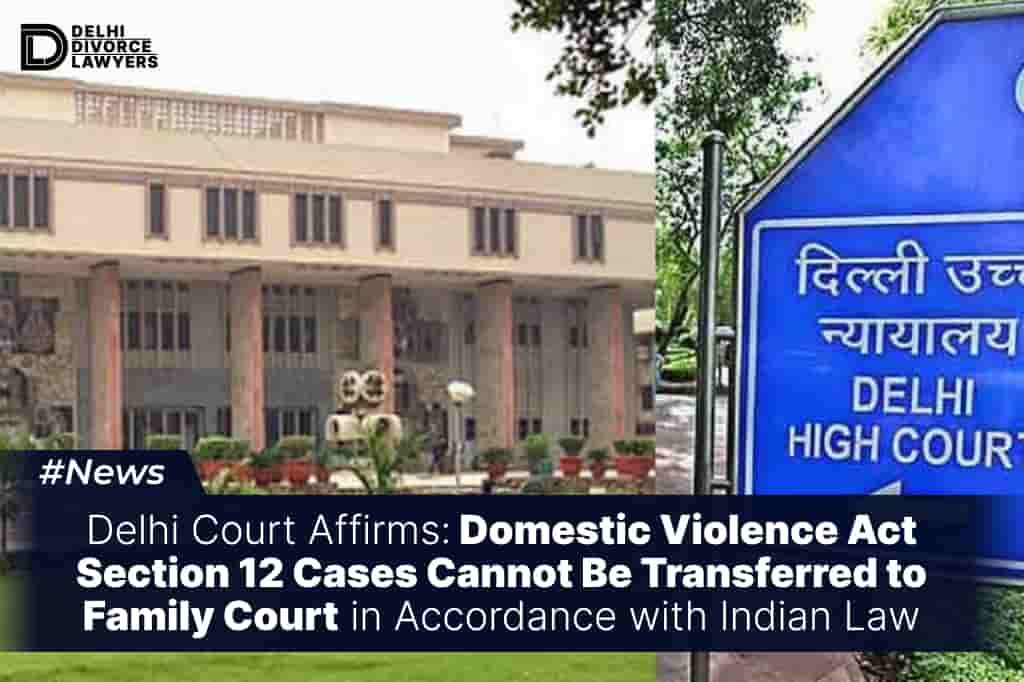The Court affirms the exclusive jurisdiction of Magistrates in adjudicating applications under Section 12 of the Act, thereby ensuring clarity and coherence in the administration of justice.
The Saket Court in Delhi recently addressed a case involving a request to move a matter under Section 12 of the Protection of Women from Domestic Violence Act from the Mahila Court in Saket to the Family Court, overseen by the Principal Judge. This request arose from a divorce petition filed in the Family Court by the respondent. Judge Rajneesh Kumar Gupta rejected the transfer request, asserting that the application under Section 12, currently within the jurisdiction of the Magistrate’s court, could not be shifted to the Family Court. The decision was based on the understanding that while other courts could provide relief as outlined in Sections 18 to 22 of the Act, only the Magistrate holds the authority to adjudicate Section 12 matters.
The Court meticulously examined legal provisions and precedents to clarify the jurisdictional boundaries of the Family Court and Civil Court regarding cases under the Domestic Violence Act. It emphasized that although Family Courts and other courts have the power to grant relief outlined in Sections 18 to 22, they lack jurisdiction over Section 12 applications.
Furthermore, the Court highlighted the distinction between concurrent jurisdiction and the specific authority vested in Magistrates to handle Domestic Violence Act matters. It clarified that requests under Section 12 could not be transferred to a Family Court or Civil Court, as explicitly stated in legal provisions and judicial precedents.
As a result, the Court ruled that the Section 12 application pending before the Magistrate’s court could not be transferred to the Family Court. The transfer request was dismissed, with the Court emphasizing the importance of adhering to the jurisdictional boundaries outlined in the Domestic Violence Act.

